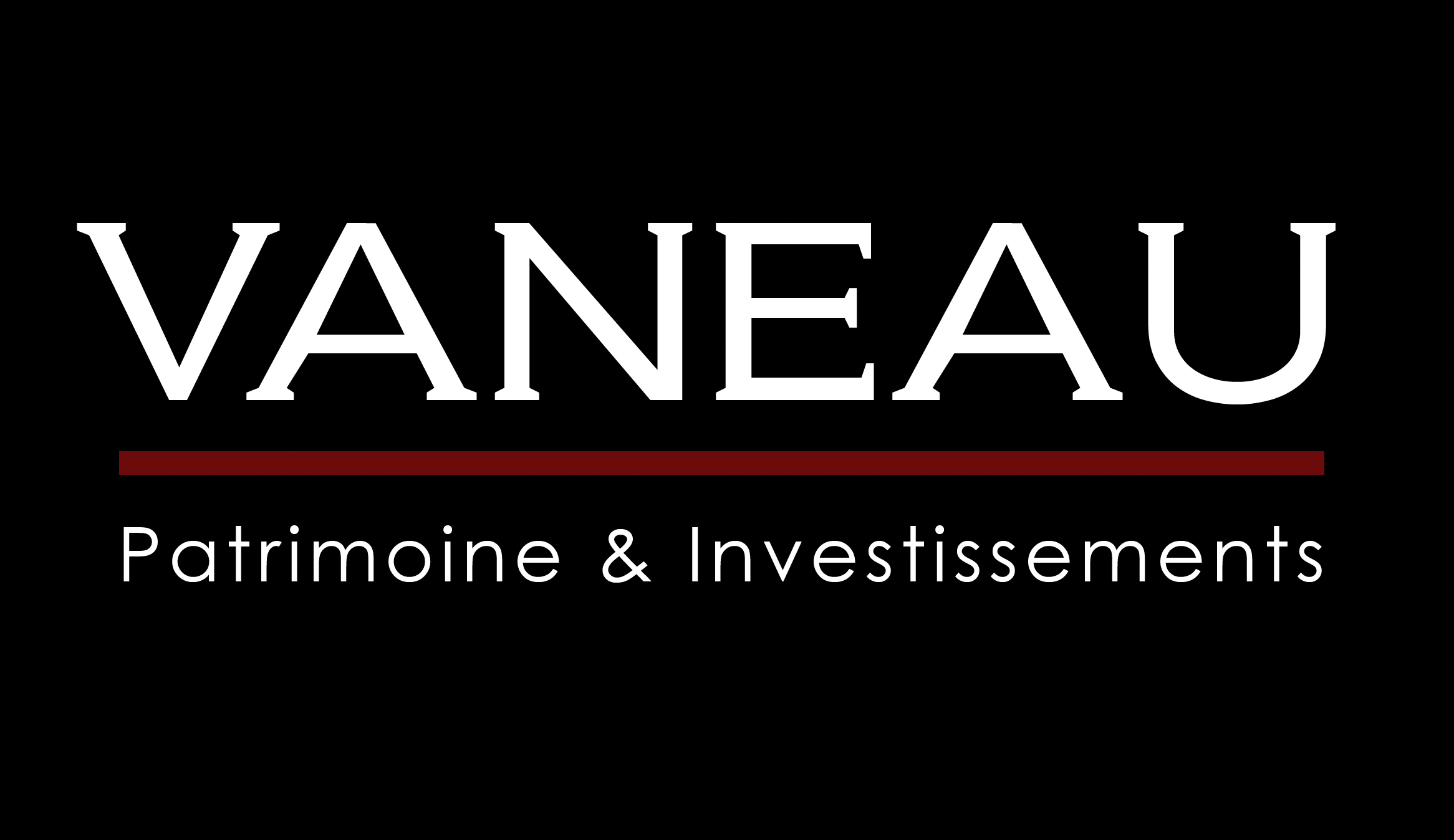
Real Estate Wealth Tax (IFI): Are You Concerned?
For four years now, the Real Estate Wealth Tax (Impôt sur la Fortune Immobilière – IFI) has replaced the former ISF, focusing taxation exclusively on real estate assets. In 2021, this tax is expected to generate over €2 billion in revenue, directly impacting owners of high-end real estate in Paris and internationally.
Which Real Estate Assets Are Subject to IFI?
Introduced on January 1st, 2018, the IFI applies only to real estate assets, excluding financial investments, cash holdings, artworks and movable property.
You are subject to IFI if the net value of your real estate assets exceeds €1.3 million as of January 1st, 2021. This threshold concerns many owners of luxury apartments in Paris, as well as investors holding properties in Brussels, Cannes, Marrakech or abroad.
Professional real estate assets are fully exempt, while rural properties may benefit from partial exemptions of up to 75% of their value.
Market Value, Main Residence and Rental Properties
Properties must be declared at their market value as of January 1st, 2021. Several factors are taken into account, including market conditions, location, architectural quality and legal constraints.
A 30% allowance applies to the main residence, except when held through a real estate company (SCI). Rental properties may also benefit from valuation discounts depending on the type and duration of the lease.
Deductible Debts Under IFI
IFI is calculated on the net value of your real estate assets after deducting eligible debts. However, deductible debts are strictly regulated, especially for high-value portfolios exceeding €5 million.
Only debts directly related to taxable real estate assets are deductible, subject to certain limits and conditions.
Our Vaneau Patrimoine advisers are at your disposal, request an audit or a Visio appointment now!

Tél : +33.1.45.03.80.95